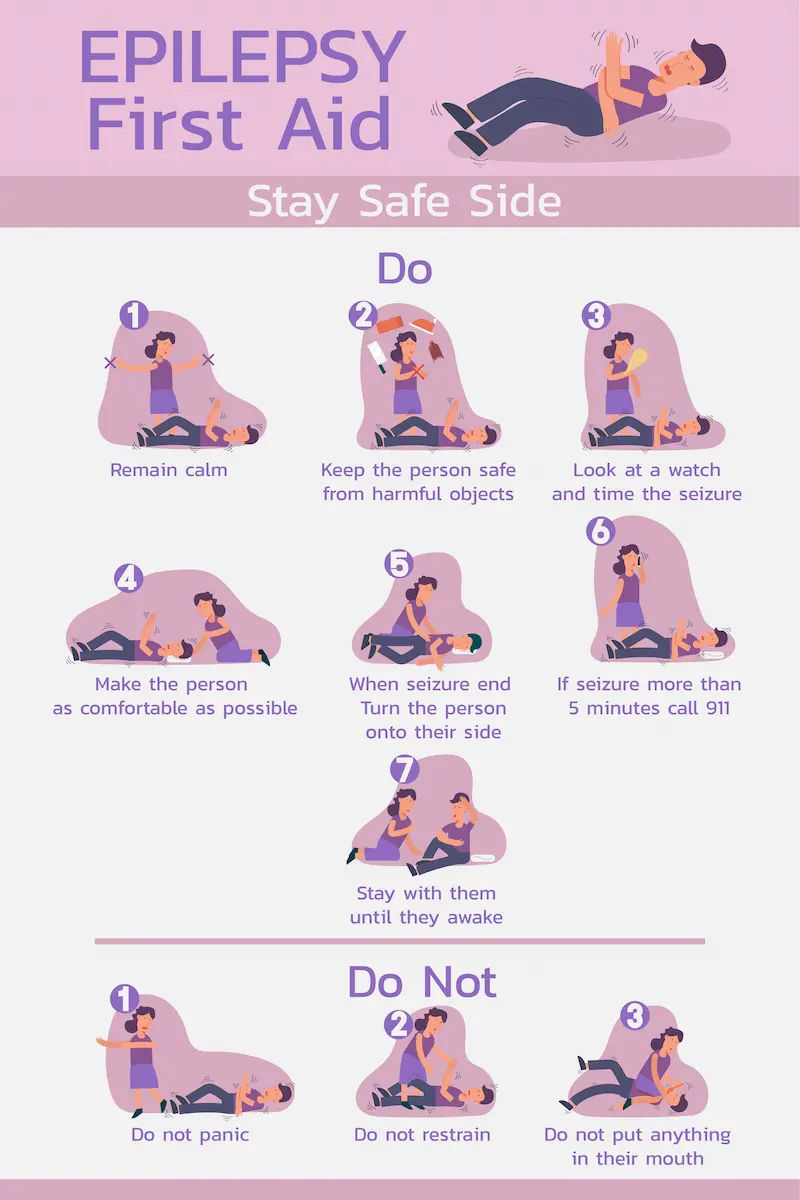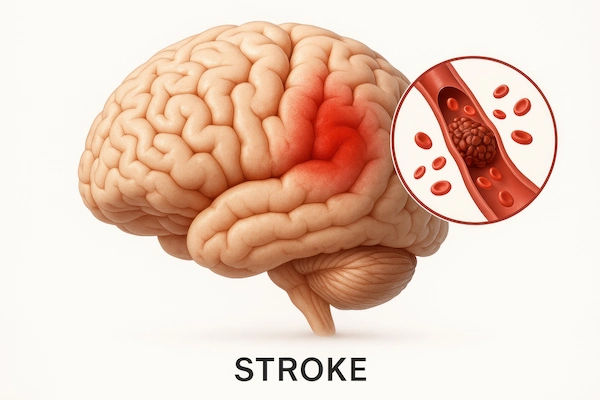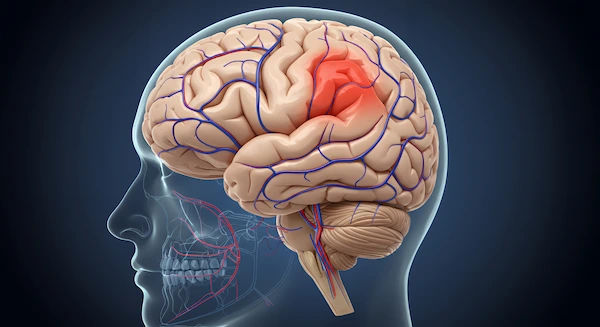- Male
- 33 Years
- 22/01/2025
I've been having some serious concerns about my health. I experienced seizures three times within just 15 minutes, which was pretty terrifying. I lost consciousness and then stopped breathing for a bit. Thankfully, I was rushed to the hospital, and I came to after around 10 hours. I had a CT and MRI scan done, and the doctors said it's a calcified granuloma. I'm really anxious about how long I need to stay on medication. Is this thing entirely curable, or is it something I should be worried about in terms of being life-threatening? And, even while on the meds, is there a chance I might have seizures again?
Answered by 1 Apollo Doctors
Based on your diagnosis of calcified granuloma, which is typically a benign condition, the duration of medication depends on your doctor's guidance, but usually, anticonvulsants are prescribed for 1-2 years after a seizure; while the condition is generally not life-threatening, it's crucial to adhere to your medication regimen to minimize the risk of future seizures, which is estimated to be around 20-30% even with treatment, so regular follow-ups with your neurologist are essential to monitor your condition and adjust your treatment plan as needed.
Dr. Ibrahim Suggests...
Consult a Neurologist
Answered 04/07/2025
0
0

More Neurology Health Queries
View allI've noticed this strange numbness on the skin of my left kneecap in a small area about the size of a coin, and I can't remember injuring it recently. There's no pain, no issues with movement, and I'm not on any medication. I'm a bit puzzled about why it's happening. Could you shed some light on why the skin in that specific spot is numb?
consult neurophysician
Answered by 1 Apollo Doctors
I'm really worried about my wife's health. She's been having this frequent pain in her right eye, and her vision isn't great according to the doctor. Plus, she has pain in her right arm and sometimes her leg. I've noticed that whenever she's stressed out or has been crying, these pains, especially in her eye, head, and arm, seem to get worse. For instance, after my brother-in-law passed away due to COVID, she was very stressed and the pain got severe. Even small things, like me not bringing home vegetables in time, seem to stress her out and increase her pain. On top of that, when she's really stressed, she complains about a headache, breathlessness, and pain in the center of her chest. Her ECG and blood tests came back fine, so I'm unsure about what's causing all this. Could this be psychological, or is there a possibility of an underlying heart condition? Any advice on what steps we should take next?
It sounds like your wife may be experiencing symptoms of stress-induced tension and anxiety, which can manifest as physical pain in various parts of the body. The headaches, eye pain, arm pain, and leg pain that she is experiencing could be related to stress and emotional distress. The fact that these symptoms worsen after stressful events or crying episodes further supports this idea. Additionally, the chest pain and breathlessness she experiences during periods of high stress could be due to anxiety and not necessarily a cardiac issue, especially since her ECG and blood reports came back normal. To help manage her symptoms, I recommend considering a combination of stress-reducing techniques and medications. For stress and anxiety relief, she can try practices such as deep breathing exercises, meditation, yoga, or mindfulness techniques. In terms of medication, she can benefit from an anxiolytic medication like alprazolam (Xanax) to help alleviate acute symptoms of anxiety and stress. For headache relief, she can take acetaminophen (Tylenol) as needed, following the recommended dosage instructions. It's important to address the underlying stress and emotional triggers to prevent the recurrence of these symptoms. Encouraging open communication, seeking support from a therapist or counselor, and practicing self-care activities can also be beneficial for her overall well-being.
Answered by 1 Apollo Doctors
I'm a bit worried because one of the doctors suggested a DC procedure. Could you walk me through what that involves and what side effects I might face in the future? I'd really appreciate any advice or insights you could give me.
-D&C (Dilation and Curettage) is a procedure where the cervix is dilated, and the lining of the uterus is scraped to remove tissue. While it's generally safe, potential risks include infection, scarring, and future fertility issues. It's important to disc
Answered by 1 Apollo Doctors
Disclaimer: Answers on Apollo 247 are not intended to replace your doctor advice. Always seek help of a professional doctor in case of an medical emergency or ailment.




